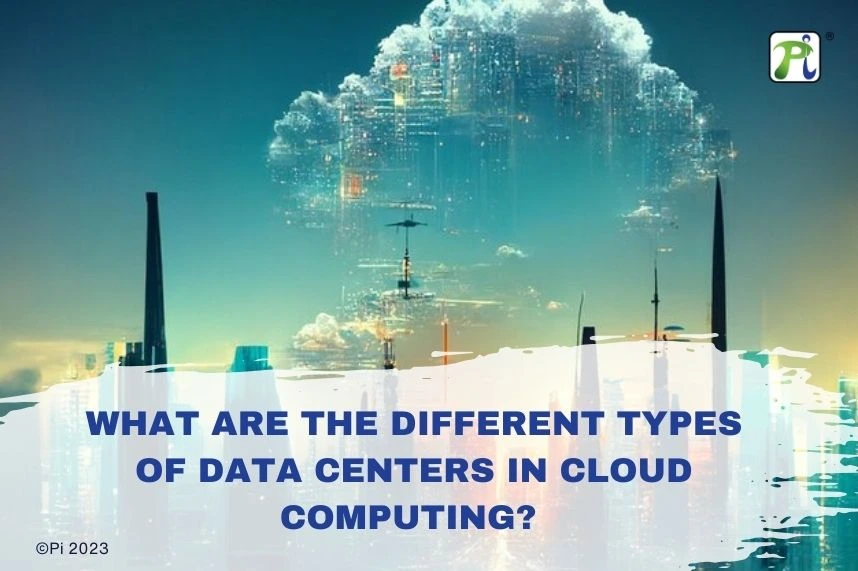We Will Get Back To You As Soon As Possible


Data Centers are the backbone of cloud computing, enabling businesses and individuals to store, process, and retrieve data on demand from anywhere in the world. They are highly advanced facilities that house thousands of servers and other networking equipment. With the increasing adoption of cloud technologies, understanding the different types of data centers that support cloud computing is crucial.
In this article, we'll be exploring the various types of data centers utilized in cloud computing.
Public cloud data centers are owned and operated by third-party service providers such as Amazon Web Services (AWS), Microsoft Azure, or Google Cloud Platform (GCP). These data centers offer services to multiple customers over the Internet, providing them with computing resources such as storage, processing capability, and bandwidth. Public cloud data centers are highly scalable, providing businesses with the flexibility to scale their resources up or down as per their needs.
A private cloud data center is a dedicated facility that is owned and operated by a single organization. It is not shared with other businesses or individuals, giving businesses more control over their computing resources and data security. Private cloud data centers offer a higher level of security as businesses can implement their own security protocols, ensuring better data protection. However, building and operating a private cloud data center requires a significant capital investment.
Hybrid cloud data centers combine both public and private cloud infrastructures in a single architecture. In a hybrid cloud data center, businesses can leverage the benefits of both public and private clouds, ensuring that they have the flexibility and scalability of public cloud computing while maintaining the security of private cloud computing. Hybrid cloud data centers are increasingly popular as they provide businesses with more control over their data while reducing costs.
Third-party data center companies own and operate colocation data centers, which they lease out to businesses for their computing needs. In a colocation data center, businesses move their computing infrastructure to the third-party data center, enabling them to take advantage of the data center's advanced infrastructure at a lower cost.

Colocation data centers provide businesses with better security, power, and cooling infrastructure, improving the uptime and performance of their computing resources.
Multi-Cloud Data Center refers to an approach where businesses utilize multiple public cloud providers simultaneously, distributing their workloads and data across different cloud environments. With this strategy, businesses can benefit from various cloud providers' distinct features and capabilities while minimizing the risks of being stuck with one vendor. It also ensures high availability and redundancy.
By leveraging a Multi-Cloud Data Center, businesses can achieve a more diversified and resilient cloud infrastructure. They can strategically allocate workloads and data based on specific requirements, such as performance optimization, cost efficiency, data sovereignty, or regulatory compliance. This method helps businesses avoid relying on one single cloud provider, which could result in failure or service disruptions. By using this approach, they can minimize the negative effects of any possible outages.
In conclusion, data centers are critical to the functioning of cloud computing, providing businesses with enhanced security, improved performance, and better scalability while reducing costs. The different types of data centers used in cloud computing offer businesses various options to choose the one that suits their needs. Understanding the types of data centers is crucial for businesses that are planning to move their computing infrastructure to the cloud.
Questions? We're here to help.
©2026 Pi DATACENTERS® Pvt. Ltd. All rights reserved
